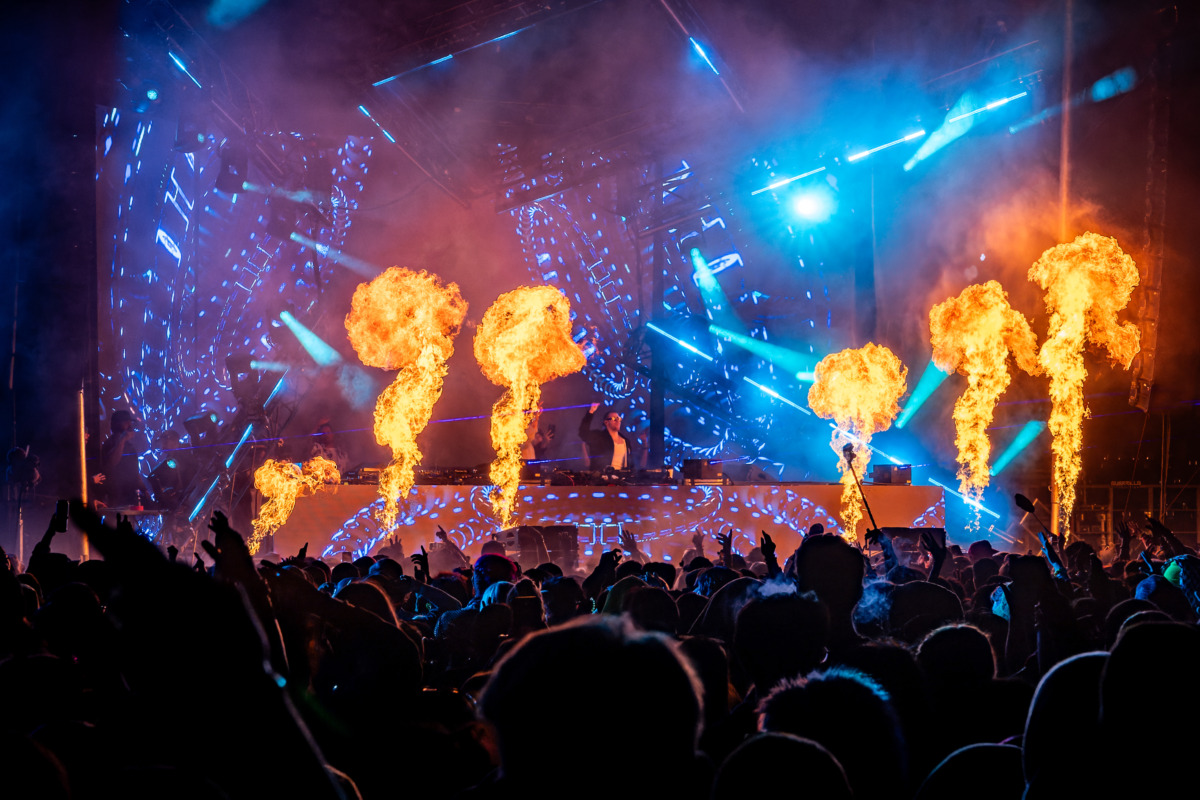Kentaro Miura's Berserk stands as an essential title in seinen manga. It is a dark fantasy tale of the wandering mercenary Guts and his quest to take down his ultimate nemesis, the scheming Griffith, and find a way to mend his hardened heart. He's a deeply compelling antihero, even if he is missing some key defining traits.
Many shonen and seinen protagonists are missing one or both parents, such as the orphan Uzumaki Naruto or Midoriya Izuku, who has never met his father. Guts, meanwhile, was an orphan from the moment he was born, and never once did his parents hold him in their arms. That's tragic, but it's also ideal for Berserk, and Guts himself doesn't mind at all.
Guts' Parental Figures in the Story of Berserk
Guts was found as a newborn under a tree loaded with hanged corpses, including that of his mother, who had given birth to him in her dying moments. He would have died in a matter of days that way until the mercenary commander Gambino found him, and a young lady in his group quickly adopted the infant Guts as her surrogate son, including breastfeeding him. Gambino didn't care much one way or another at first, but then Guts' adoptive mother died, and Gambino blamed Guts for that. All the same, Gambino started training the young Guts in the ways of swordplay, similar to Askeladd teaching Thorfinn some combat moves in Vinland Saga, a similar seinen manga series.
Guts and Gambino were never close, but Guts did owe Gambino for raising him as a gruff foster father until Guts was assaulted in his tent and later rejected by Gambino's mercenary gang. Guts cut and run, and he has lacked a parental figure since then. He looked up to the charismatic Griffith as his new commander and mentor, and accepted the rest of the Hawk soldiers as allies, almost like a new family. All that was torn away from him during the Eclipse event, when Griffith became Femto of the God Hand. After that, Guts truly lacked a parental figure in his life as a bitter young man, but he did become a sort of big brother to Isidro, a young boy determined to make it as a rogue swordsman. Clearly, Guts never really needed parental figures, just allies who could watch his back, and that helped define his character arc and set the tone for Berserk as a whole.
Guts' Independent Mindset in Berserk
Guts grew up without knowing anyone from his real family, and it's clear that he never actually missed them, either. Rarely, if ever, does Guts give any thought as to who his parents or family were or even where they came from. This is a stark contrast to medieval-style heroes who take great pride in their lineage. Many fictional and real knightly characters proudly introduce themselves as X, son of Y, such as Askeladd introducing himself as "Askeladd, son of Olaf." Guts is the son of no one, and that's a significant insight into his self-image. He defines himself by his actions and his goals, not by his lineage or ethnic background. He could be the son of a wealthy aristocrat and not even know it. Or care.
Instead, Guts ignores the intriguing question of his heritage because he believes he doesn't owe his parents anything, and clearly, he's justified in thinking that way. Guts is a self-made hero who pushed himself in his boyhood to keep up with Gambino's mercenary army and fight men three times his age. He also saw himself as Griffith's friend, not son, especially since they are a similar age. Guts prides himself in his self-reliance and independent mindset, and while he pragmatically accepts allies in his party when necessary, he isn't the type to rely on "the power of friendship" or feel empowered by his ancestry, whatever it may be.
Guts doesn't know or care what kind of life his parents would have made for him if they had had a regular family life. For all he knows, he could have been a baker's son or been part of a traveling circus, but all that is a moot point now. From day one, Guts has relied on just one person for survival, and he has lost everyone in his life more than once, from Gambino's battalion to the original Band of the Hawk, and survived despite those losses. Gut's indifference to his lineage and family simply echoes that theme.
About The Author

